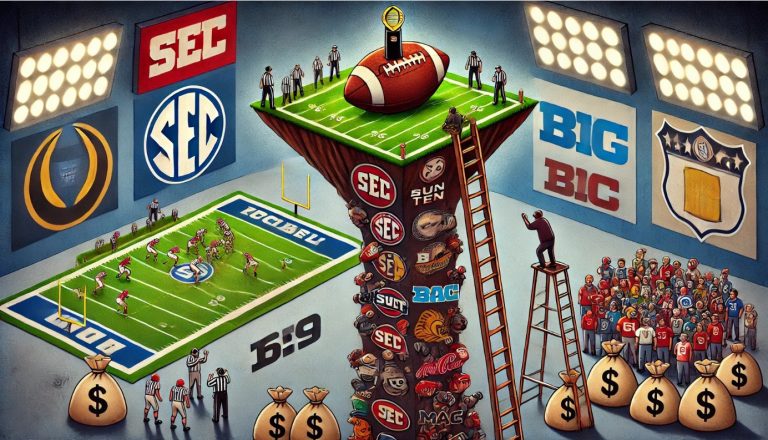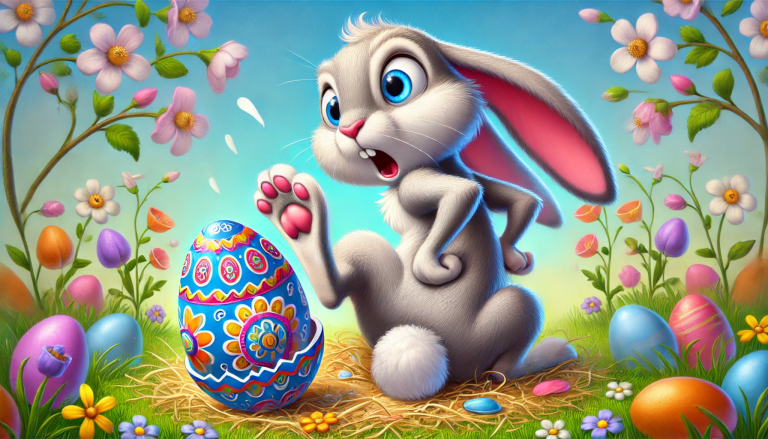
By Larry Billinger
Today, on my birthday, a familiar tune echoed in my ears – the “Happy Birthday” song. It made me wonder: where did this song come from? Who first penned down this melody that now rings across the globe in celebration of birthdays? Here’s what I discovered, perfect for sharing on Lb for Lb.
A Classroom Chorus Turns Global Anthem
Imagine a simple classroom in Louisville, Kentucky, back in 1893. Two sisters, Patty Hill and Mildred J. Hill, both teachers, composed a song titled “Good Morning to All” for their young students. Little did they know, their melody would travel far beyond those classroom walls.
The original purpose of this tune was to greet students each day. But, as time passed, someone (it’s still a mystery who) tweaked the lyrics, transforming it into the birthday classic we sing today. This change happened around the early 20th century, but the first written evidence of the “Happy Birthday” lyrics appeared in 1911.
A Tune Entangled in Legalities
The song’s journey wasn’t all cake and candles. The Summy Company published it, and later, Warner/Chappell Music claimed its rights, insisting on royalties for its use. This led to a heated legal battle. But in 2016, a U.S. federal judge declared that Warner/Chappell’s claim was invalid. The song, at last, became free for everyone to sing without worrying about paying a fee.
Why This Song Resonates With Us
“Happy Birthday to You” stands out as one of the world’s most recognizable tunes. Its simplicity and joyous nature make it a perfect fit for birthday celebrations. The song has been translated into numerous languages, showing its universal appeal.
As I celebrate my birthday today, I’m reminded of the Hill sisters’ simple melody that became a global sensation. It’s more than just a song; it’s a shared tradition that brings smiles and a sense of togetherness.
So next time you sing “Happy Birthday,” remember its humble beginnings and how it grew to become a part of our shared human experience.
Happy Reading, and Happy Birthday to All Celebrating!




I wonder if it’s the most world-recognized song ever made?
I mean, we have heard it everywhere we have gone. Probably!